The Foundation
The Future Space Leaders Foundation (“FSLF”) is a tax exempt 501 c 3 non-profit organization dedicated to the career development of young space and satellite industry professionals. The Foundation organizes events and raises funds for grants to deserving graduate students and young professionals. FSLF works in cooperation with other non-profits, companies and government agencies on space-related educational events. FSLF is also actively promoting the professional development of young Americans targeting careers in the academic fields of Science, Technology, Engineering, Art and Math (“STEAM”).
Through its annual Future Space event, FSLF advances learning and fosters interaction among current space and satellite industry leaders with graduate students and young professionals. The Foundation made eight grant awards in 2013-2014 to outstanding American graduate students and young professionals enabling them to attend and present papers at major space-related symposia and conferences including the IAF International Astronautical Congress, SGAC Space Congress, AAS Goddard Memorial Symposium, NSC Goddard Dinner, Satellite 2014, SSPI Gala, AIAA Spotlight Awards and ISPCS.
Our Mission
To advance learning and professional enrichment of young space professionals and future leaders pursuing careers in the fields of space and satellites.
To stimulate the professional growth and enhancement of future space professionals and to foster cooperation and interaction among current leaders in the space field with graduate students and young professionals seeking to pursue careers in the fields of space and satellites.
To assist graduate students and young professionals in attending space and satellite industry conferences and events through grants covering legitimate travel and registration related expenses.
Leadership
Board of Directors
Bradley Cheetham, Advanced Space
Chairman
Sirisha Bandla, Virgin Galactic
Vice Chair
Jacki Cortese, Blue Origin
Treasurer
Lyn D. Wigbels, AAS
Awards Chair
Brett Alexander
Director
Patricia Cooper, Constellation Advisory, LLC
Director
Debra Facktor, AIRBUS U.S. Space & Defense, Inc.
Director
Joe Landon
Director
Aaron Lewis, Arianespace
Director
Eric Stallmer, Voyager Space Holdings
Director
Brett Silcox, Astroscale U.S.
Director
Yasmine Almond, Advanced Space
Executive Director
Committees
Awards Committee
Lyn D. Wigbels
American Astronautical Society
Chair
Program Committee
Yasmine Almond
Chair
Advisory Board
Clayton Mowry, American Institute of Aeronautics and Astronautics
Chair Emeritus
Carissa Bryce Christensen, BryceTech
Chair
Lori Garver, Founder of The Brooke Owens Fellowship
William A. Klanke, Space Intel Report
James V. Zimmerman
Sponsors
2025

Past Sponsors
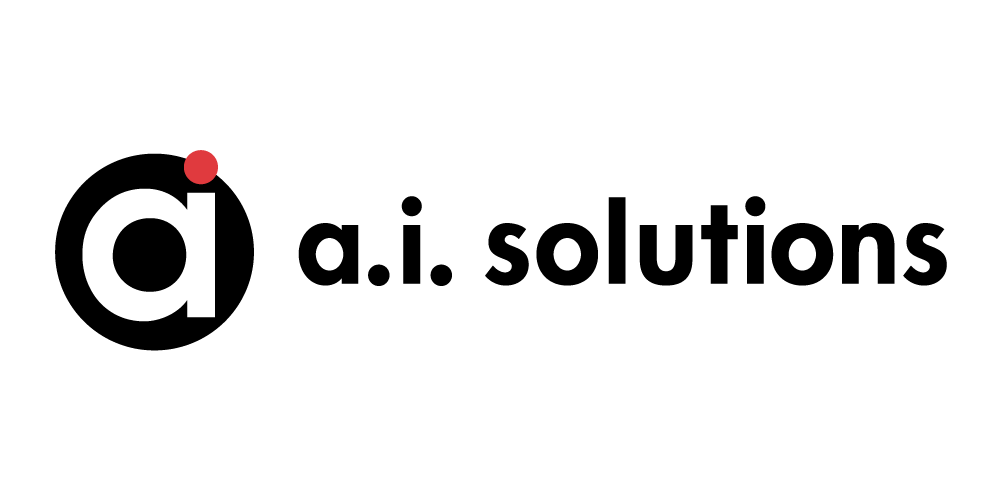
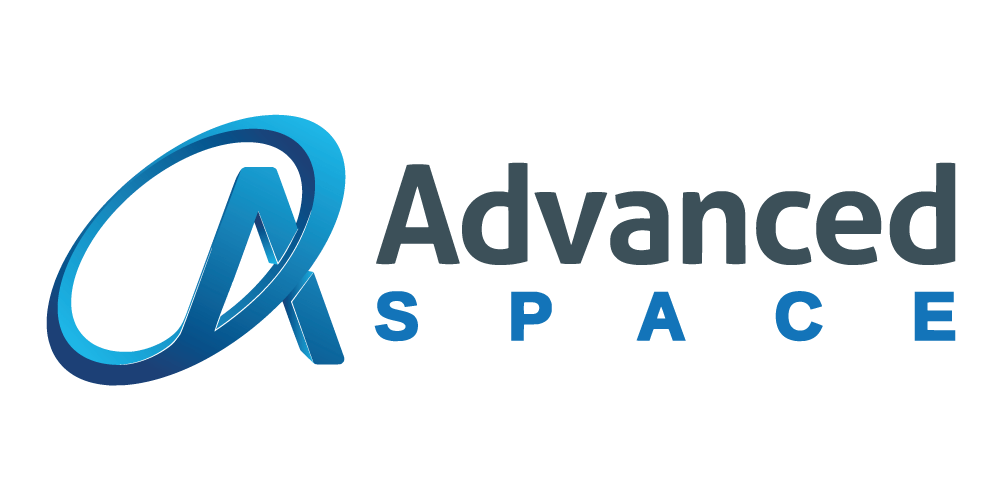

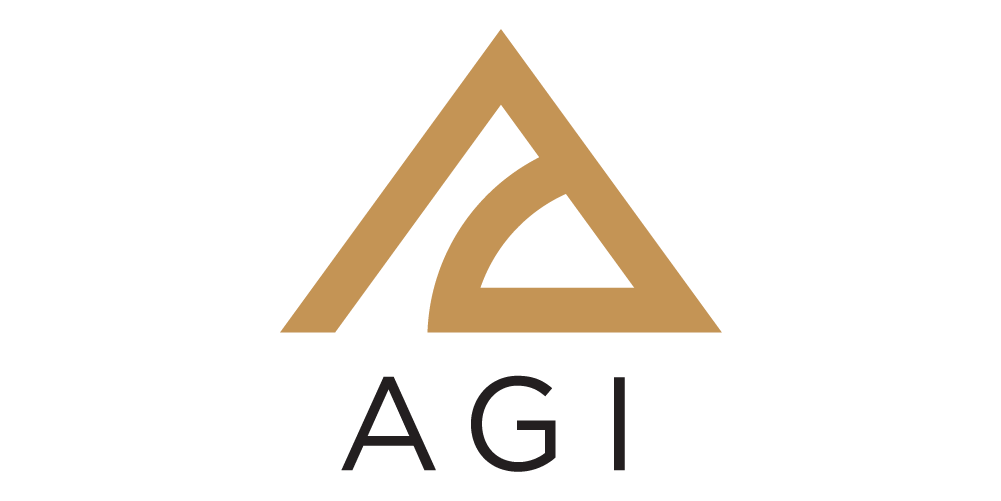

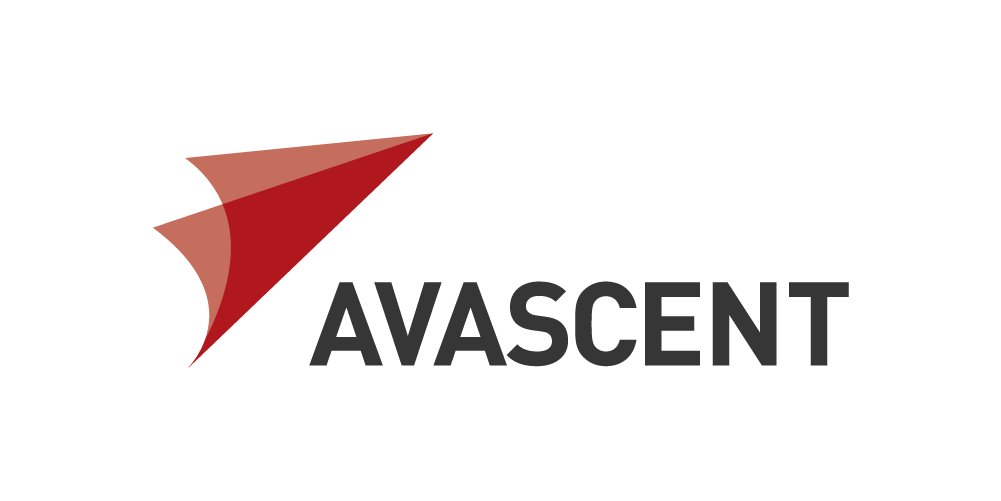
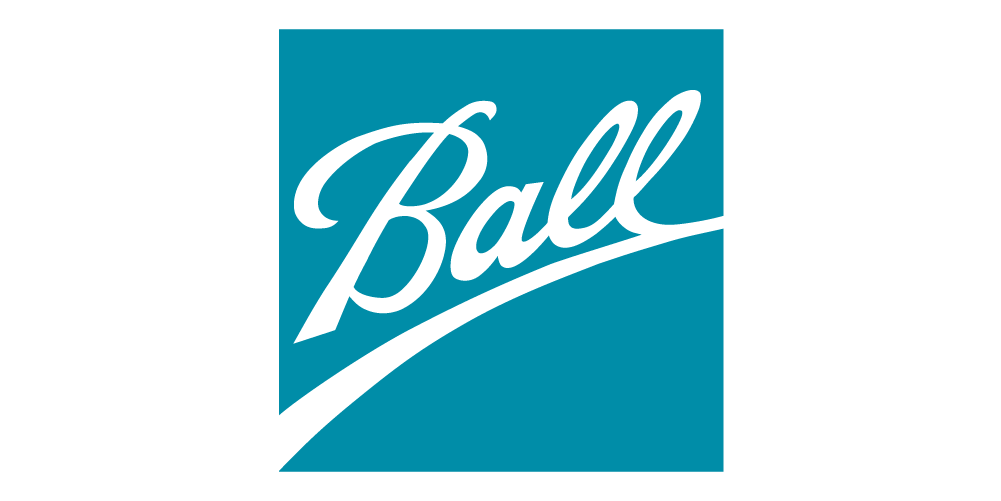

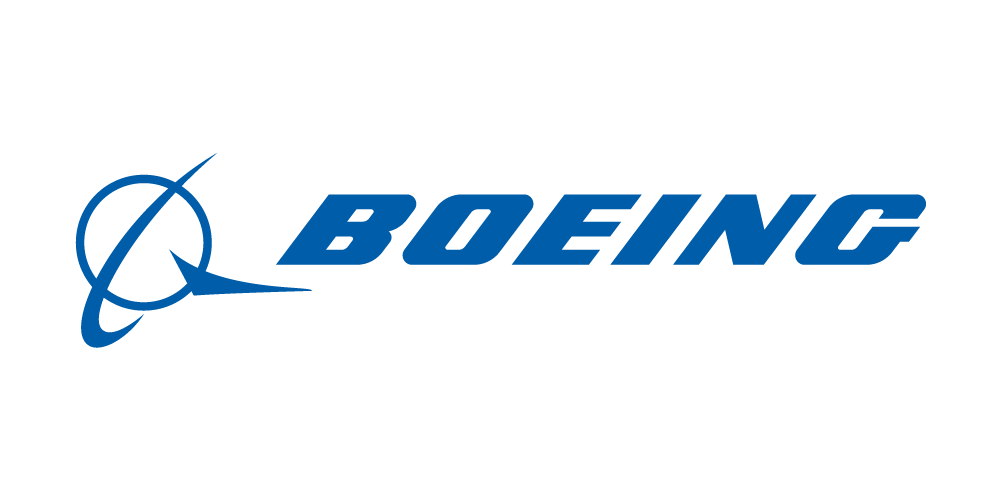
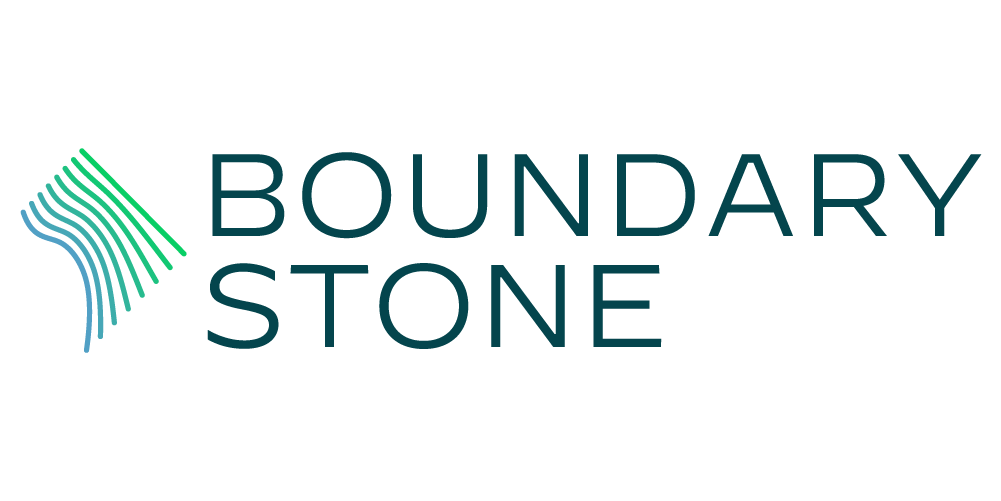
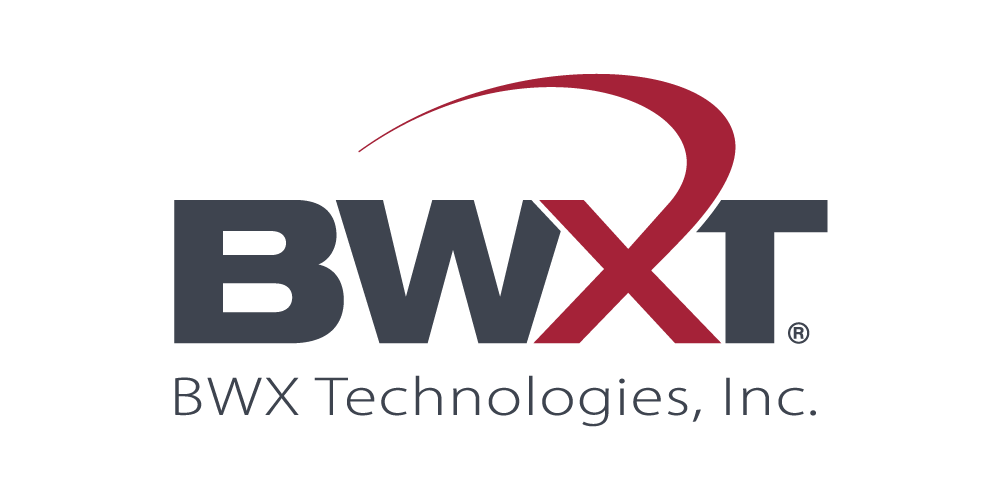
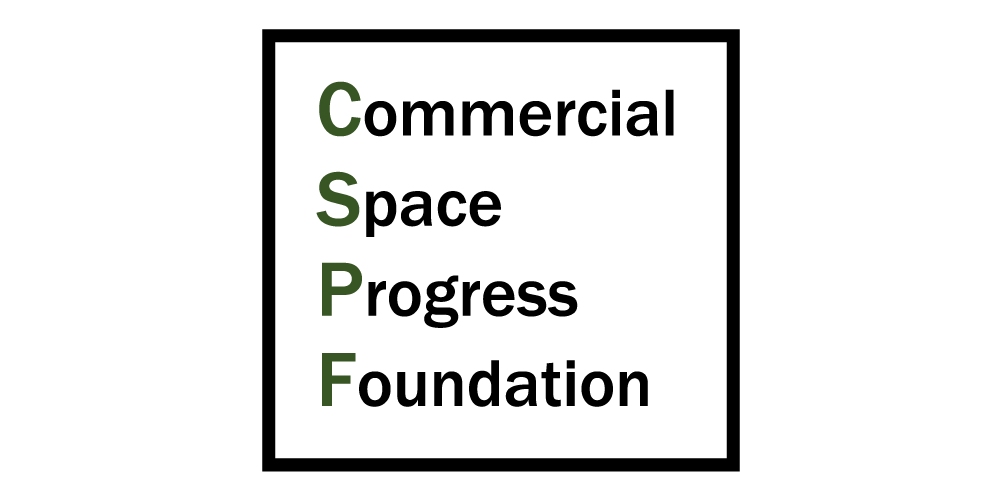
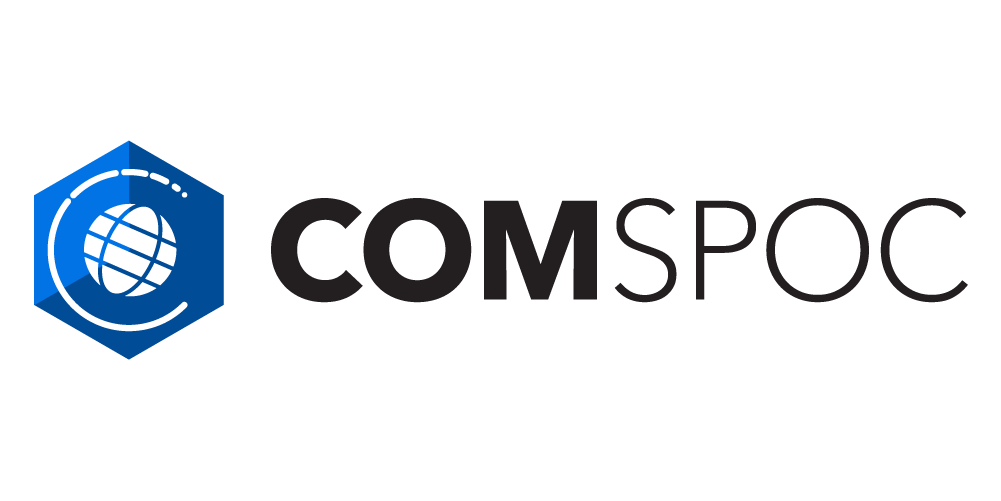
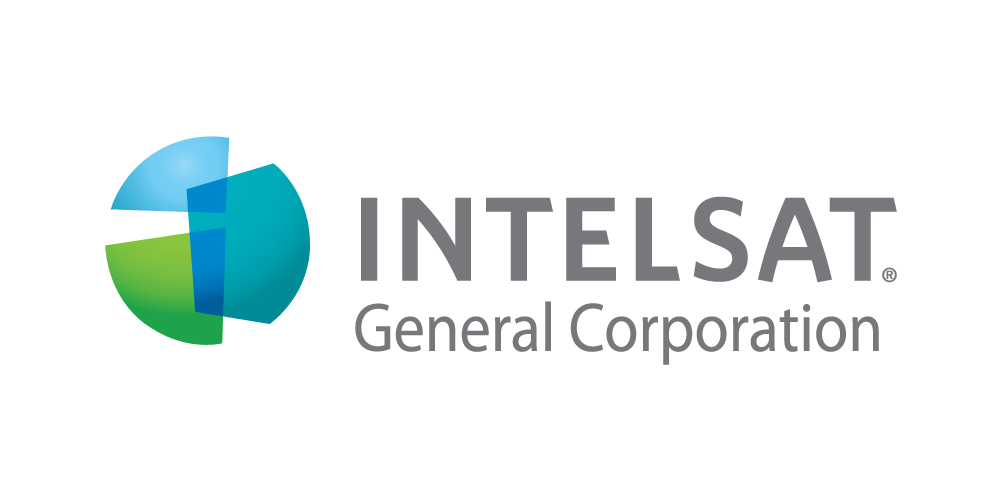
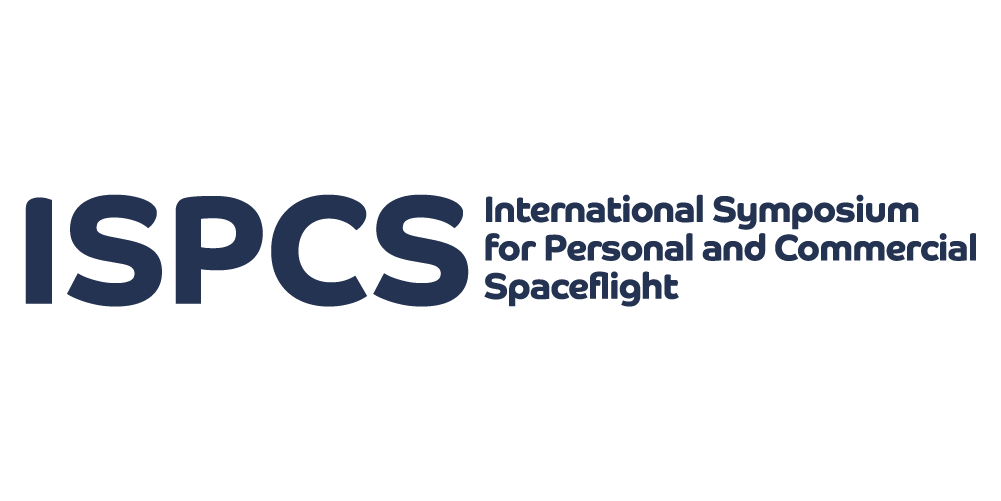
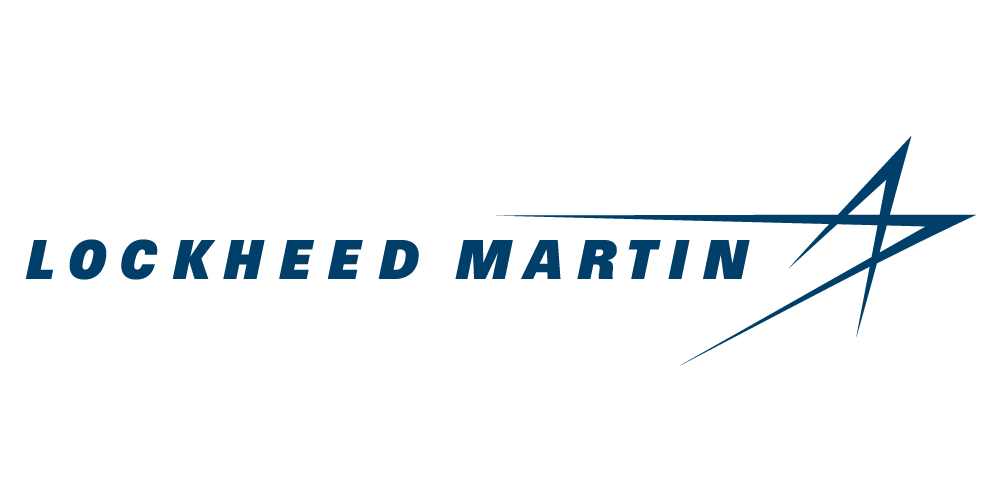
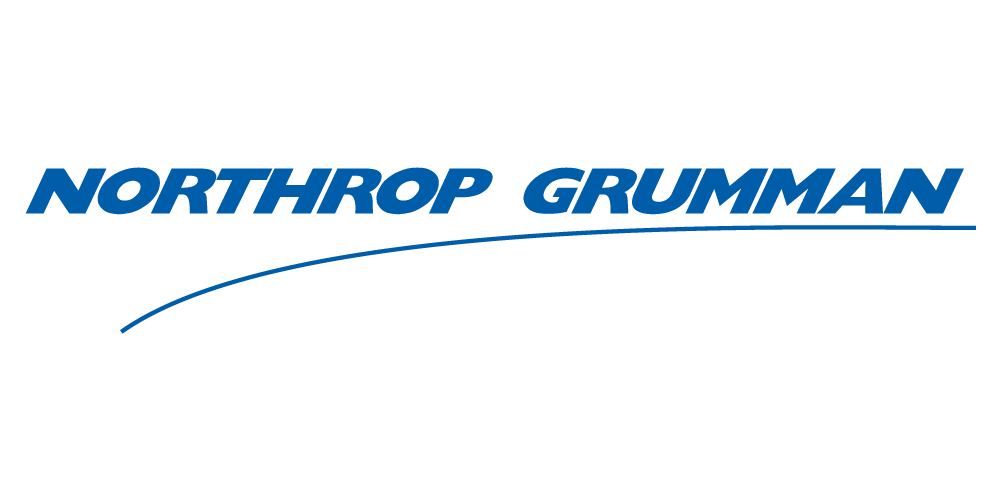
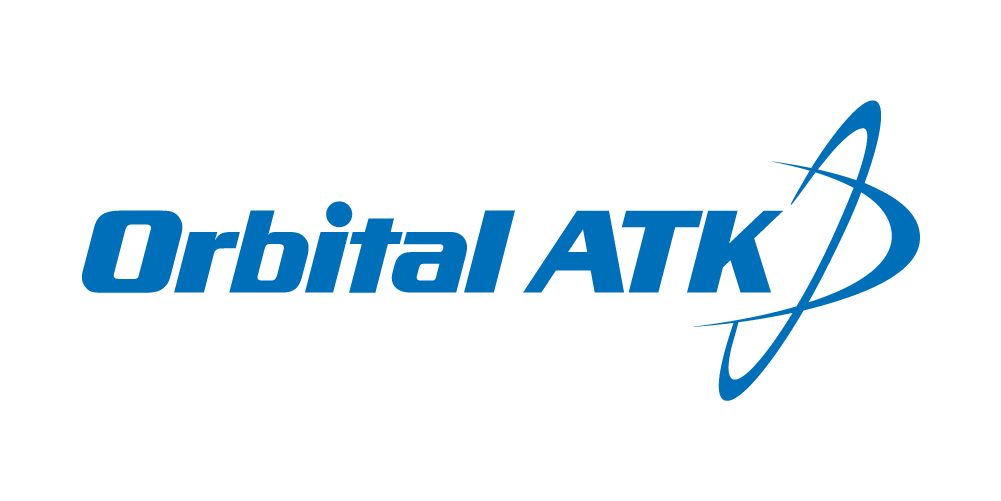

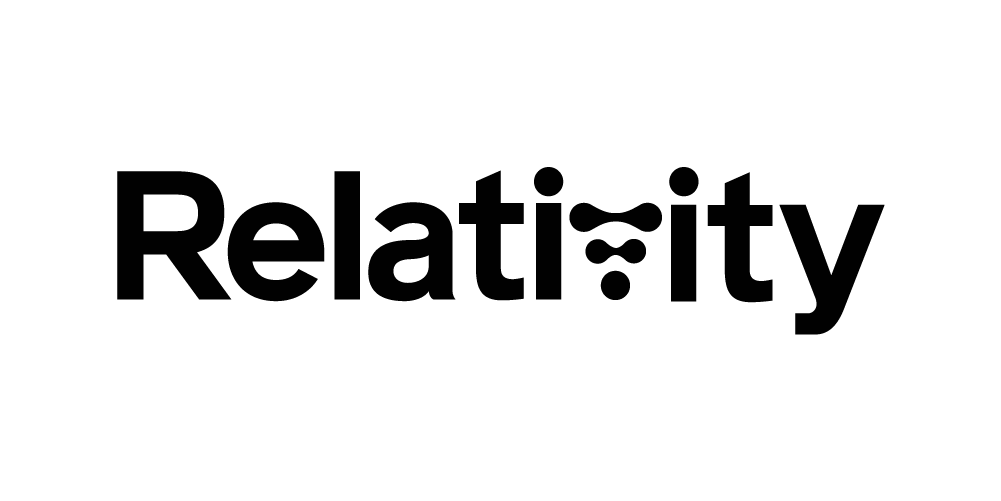
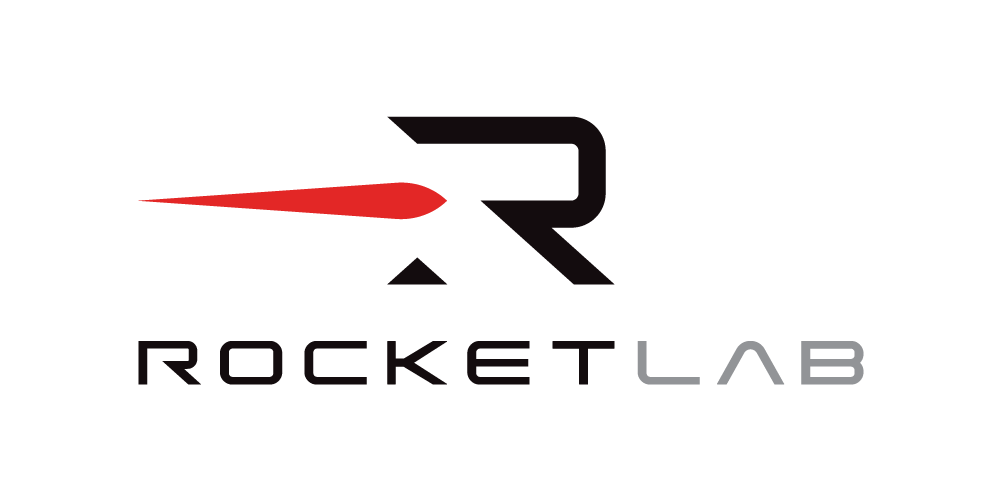
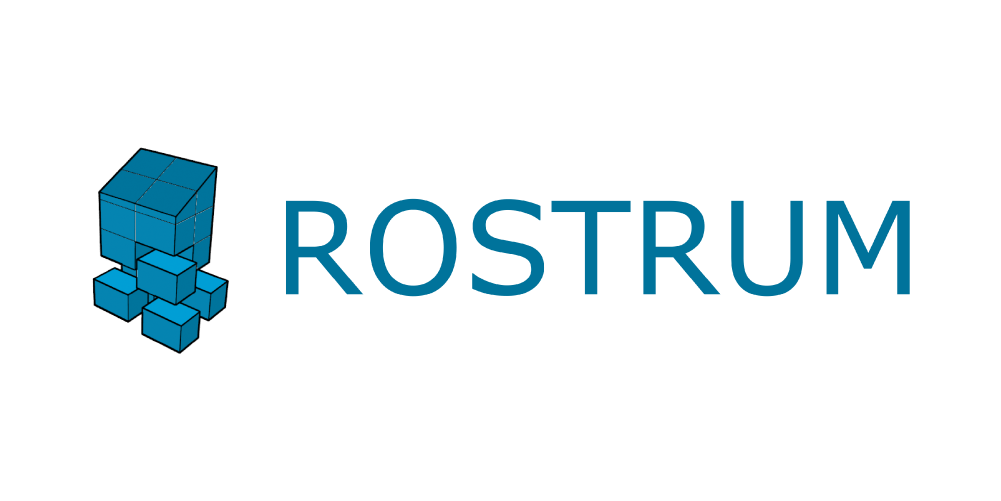
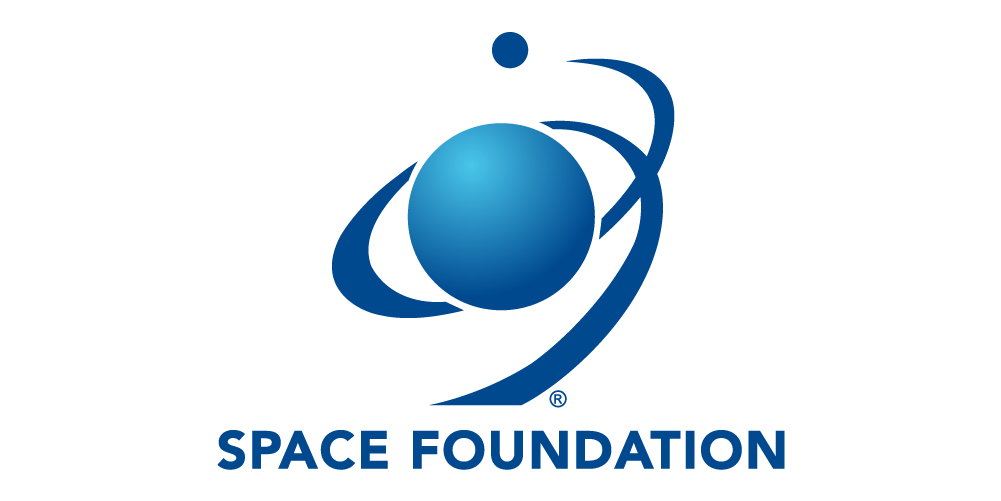
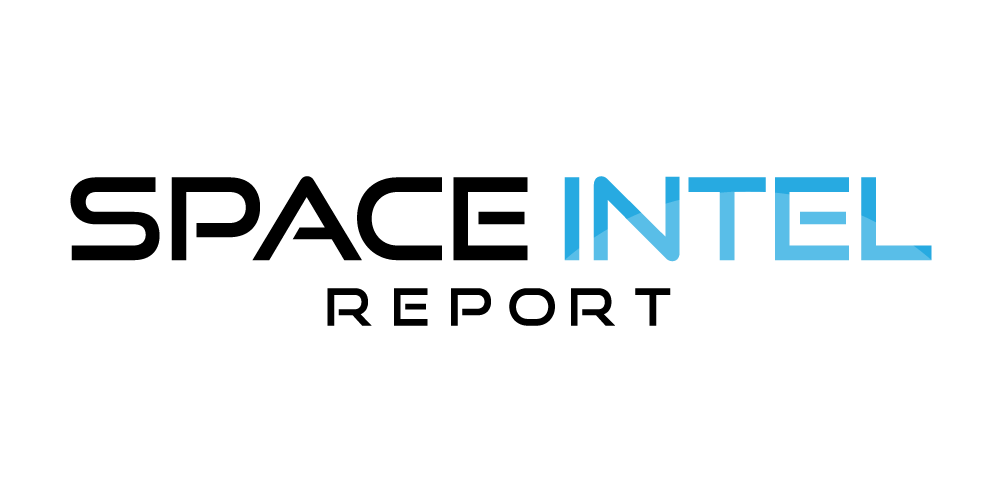
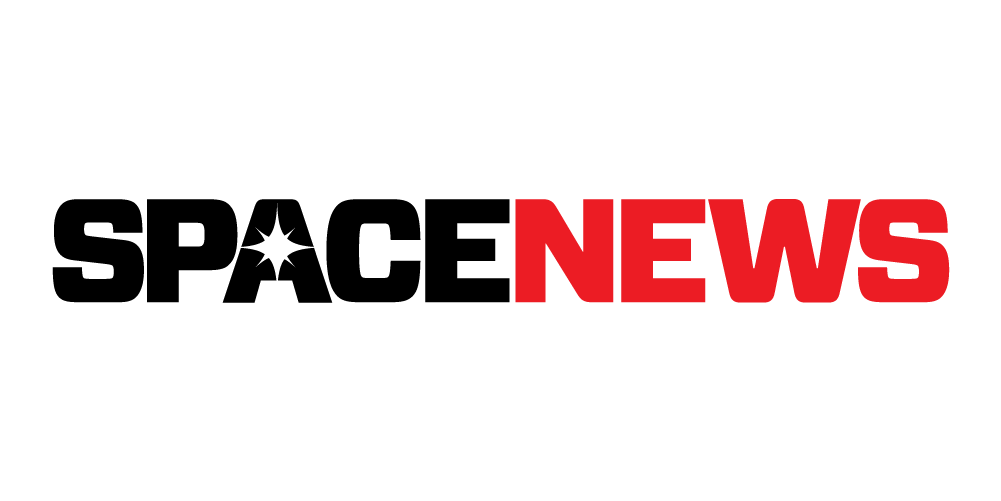
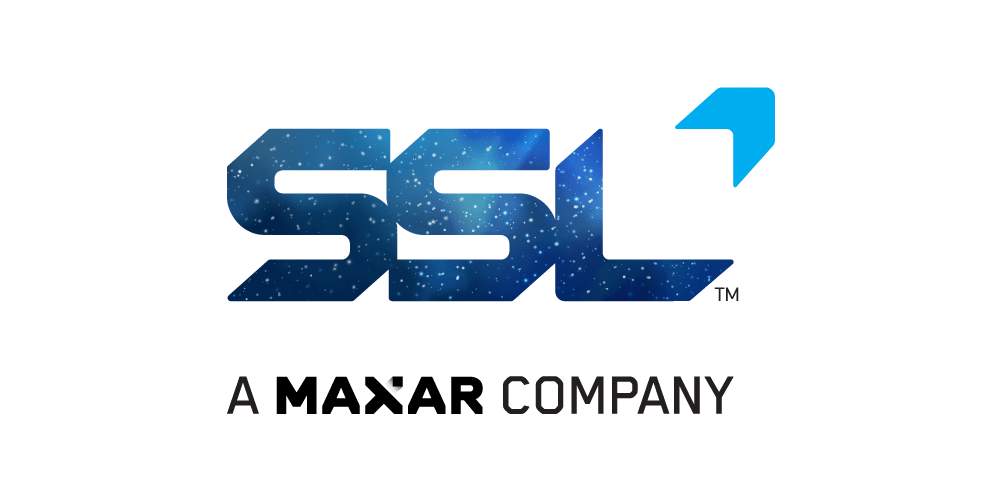
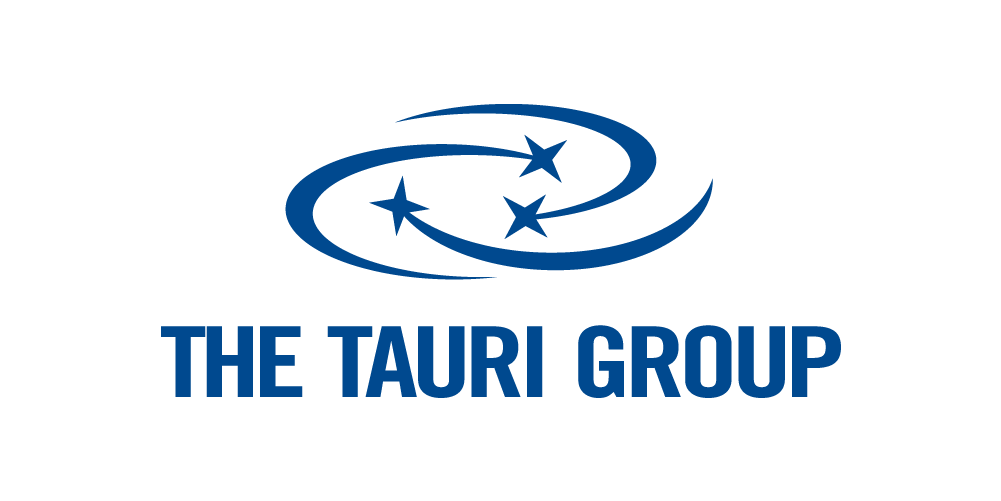

Partners
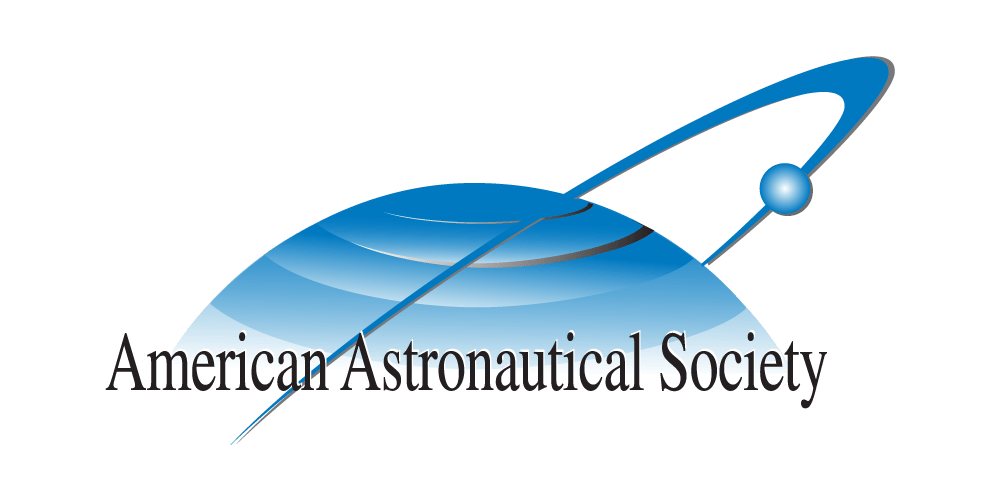
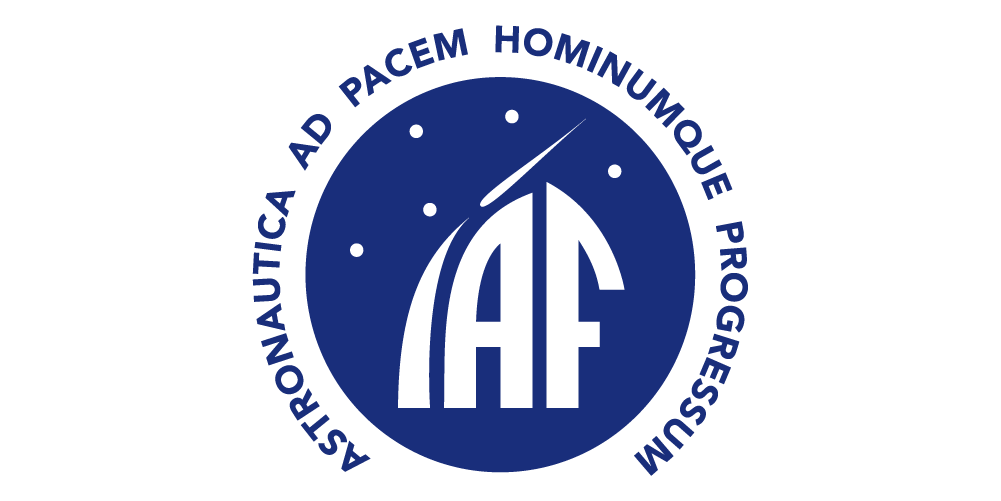
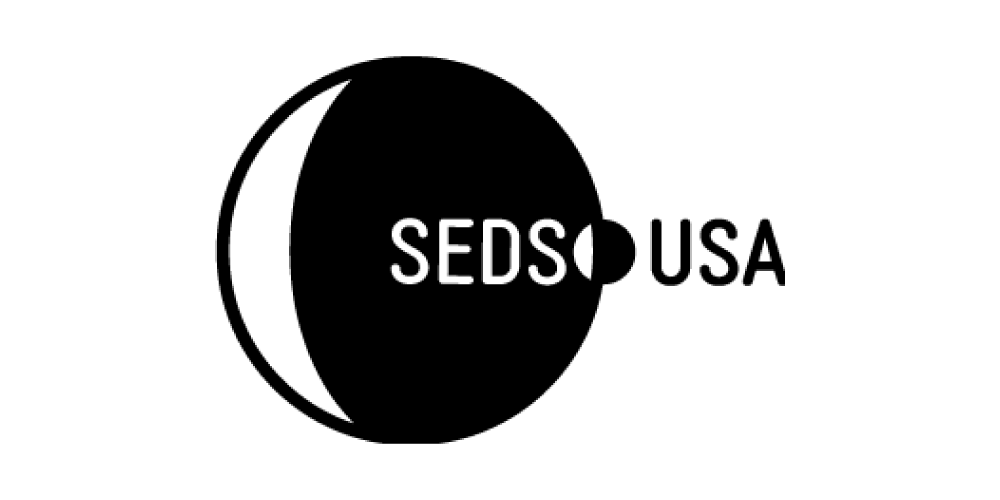
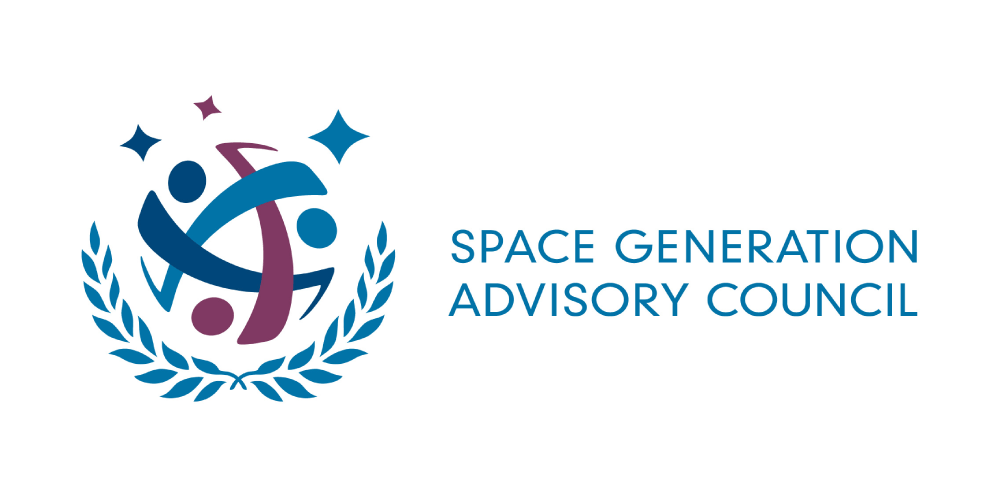
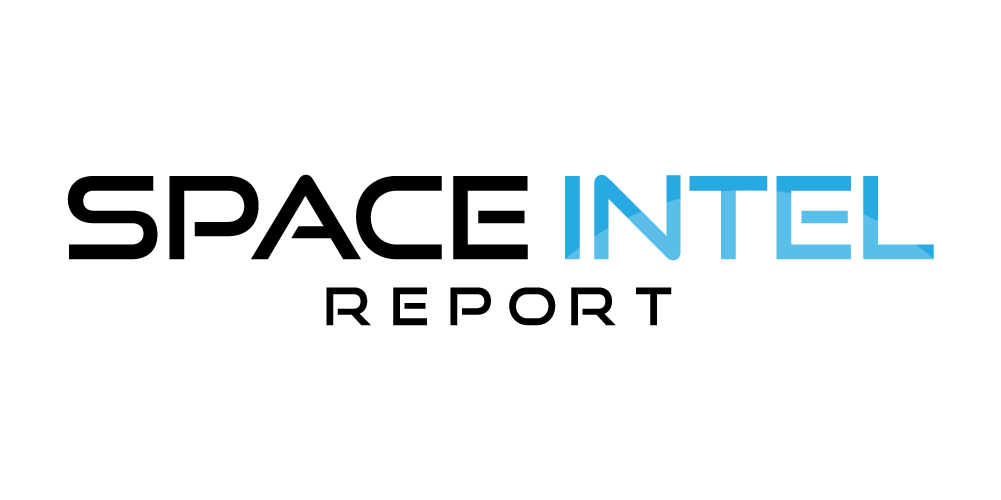


Future Space 2025
On July 9, 2025, the Future Space Leaders Foundation will host a two-part event for its 14th annual Future Space event at the Kennedy Caucus Room in the Russell Senate Office Building on Capitol Hill. The event will start at 1 pm and will feature a full afternoon of congressional and government officials’ keynotes as well as panel discussions addressing the latest technologies in space, trends in the market in the civil, commercial and DOD sectors. The conference will continue at Hogan Lovells, 555 13th St NW, for a networking and keynote reception at 5:30 pm. Future Space 2025 aims to advance learning and fosters interaction among current space and satellite industry leaders. The panel discussions will explore cutting edge technologies and new applications poised to transform the space and satellite industry. Sponsoring organizations supporting Future Space 2025 part 2 will enable fundraising for the organization’s goal to provide educational programs and networking opportunities for graduate students and young professionals pursuing careers in the space and satellite industry, by providing grants. By funding outstanding American graduate students and young professionals, the organization is enabling it’s Fellows to attend and present papers at major space-related symposia and conferences including the IAF’s International Astronautical Congress, SGAC Space Congress, AAS’ Goddard Memorial Symposium, National Space Club’s Goddard Dinner, SATELLITE, and more.
Future Space Agendas
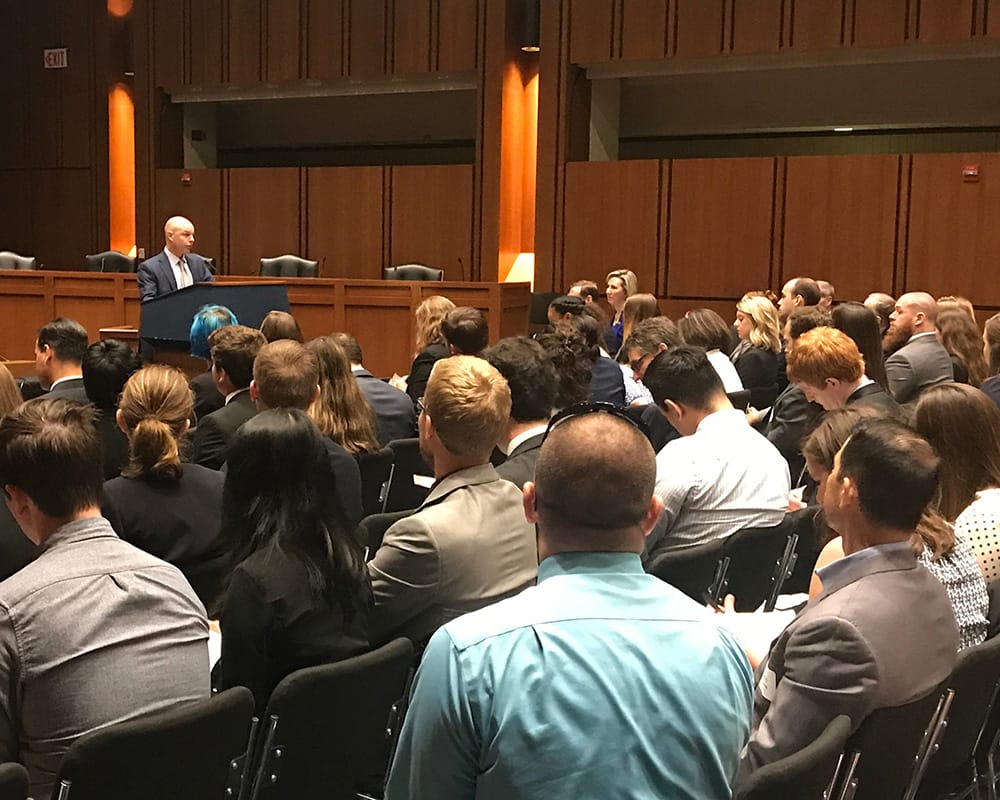
Past Speakers
- U.S. Representative Jim Bridenstine
- U.S. Representative Ken Calvert
- U.S. Representative Trent Franks (AZ)
- Lori Garver, Former Deputy Administrator, NASA
- U.S. Senator Martin Heinrich (NM)
- U.S. Representative James R. “Jim” Langevin
- Douglas Loverro, Deputy Assistant Secretary of Defense for Space Policy, U.S. Department of Defense
- U.S. Representative Howard “Buck” McKeon
- U.S. Senator Bill Nelson (FL)
- U.S. Representative Steven Palazzo
- U.S. Representative Dana Rohrabacher
- U.S. Senator Mark E. Udall (CO)
- U.S. Senator David Vitter
Grant Program
The Future Space Leaders Foundation (FSLF) is pleased to announce the 2025 Future Space Leaders Grant Program. Intended for U.S. graduate students and young professionals who are pursuing space- and satellite-related careers, the program will provide grants for participation in the 76th International Astronautical Congress (IAC) to be held in Sydney, Australia, September 29th to October 3. 2025. In addition to attending the IAC, Grant Recipients will also be involved in supplementary career development activities in Sydney. These IAC-associated events include the Cross-Cultural Presentation Workshop, the United Nations/International Astronautical Federation (IAF) Workshop and the Young Professionals Workshop. These additional activities will necessitate Grantees’ presence in Sydney, Australia, beginning on September 24th.
Application Submission Has Closed.
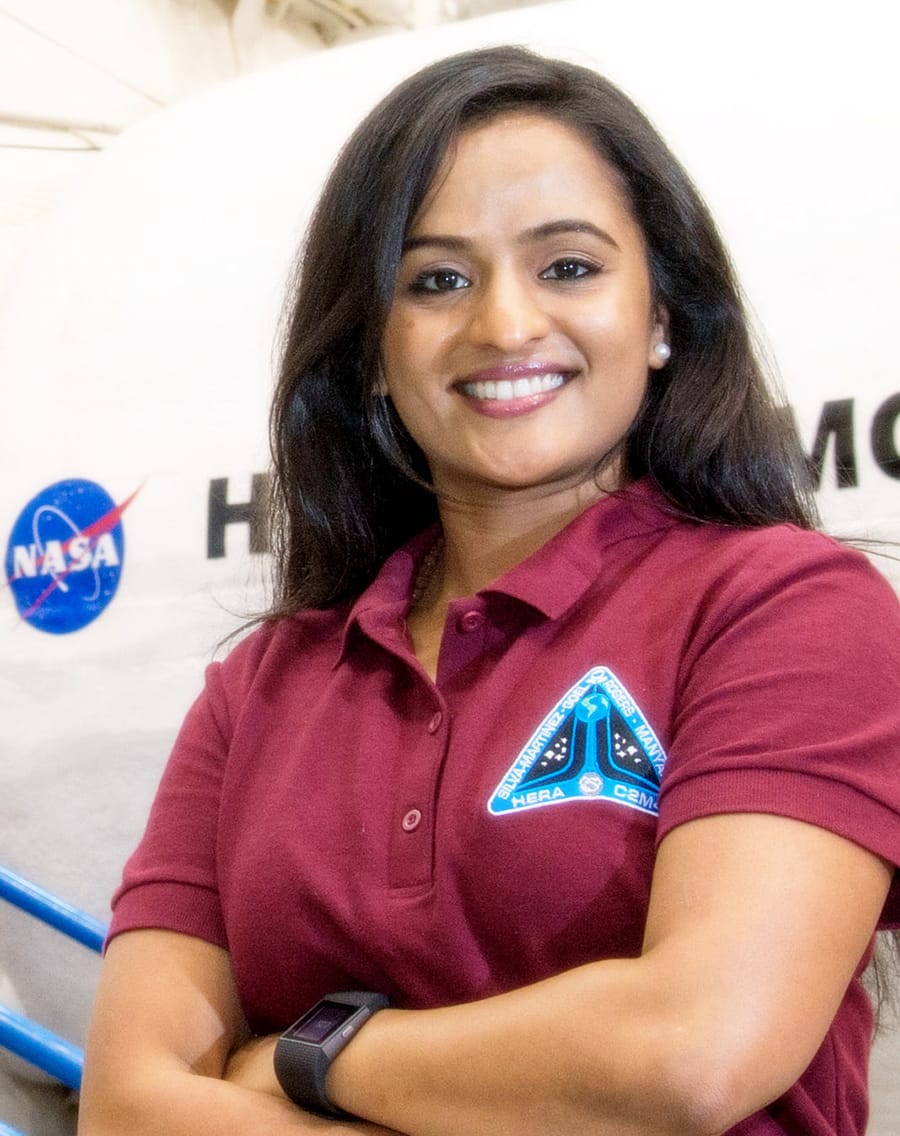
2025 Grant Winners
 Carson Coursey is a flight mechanics project engineer at The Aerospace Corporation, a federally funded research and development center that provides technical guidance and advice on space activities to military, civil, and commercial customers. Carson primarily supports efforts related to space sustainability and space operational assurance, such as researching the impact of satellite constellations on astronomy, novel conjunction assessment techniques, and satellite constellation orbital tolerances. Additionally, Carson enjoys mentoring aspiring and current space professionals. He holds a B.S. in Aerospace Engineering from the Georgia Institute of Technology.
Carson Coursey is a flight mechanics project engineer at The Aerospace Corporation, a federally funded research and development center that provides technical guidance and advice on space activities to military, civil, and commercial customers. Carson primarily supports efforts related to space sustainability and space operational assurance, such as researching the impact of satellite constellations on astronomy, novel conjunction assessment techniques, and satellite constellation orbital tolerances. Additionally, Carson enjoys mentoring aspiring and current space professionals. He holds a B.S. in Aerospace Engineering from the Georgia Institute of Technology.
 Kyle Horn is a Ph.D. candidate and National Science Foundation Graduate Research Fellow in the Department of Aeronautics and Astronautics at the Massachusetts Institute of Technology. His research enables planetary exploration missions through in-situ resource utilization (ISRU) technology development, with a current focus on Venus aerial robotic platforms. He worked previously on the Mars Oxygen ISRU Experiment (MOXIE) onboard NASA JPL's Mars Perseverance Rover, and on the Blue Alchemist lunar molten regolith electrolysis ISRU project while at Blue Origin. Kyle is passionate about disability inclusion in space exploration; he currently volunteers as an AstroAccess Ambassador and has published research on insulin delivery pump performance in microgravity. In addition to his research, Kyle volunteers as an EMT with the MIT Emergency Medical Service, scuba dives, backpacks, and is a student pilot.
Kyle Horn is a Ph.D. candidate and National Science Foundation Graduate Research Fellow in the Department of Aeronautics and Astronautics at the Massachusetts Institute of Technology. His research enables planetary exploration missions through in-situ resource utilization (ISRU) technology development, with a current focus on Venus aerial robotic platforms. He worked previously on the Mars Oxygen ISRU Experiment (MOXIE) onboard NASA JPL's Mars Perseverance Rover, and on the Blue Alchemist lunar molten regolith electrolysis ISRU project while at Blue Origin. Kyle is passionate about disability inclusion in space exploration; he currently volunteers as an AstroAccess Ambassador and has published research on insulin delivery pump performance in microgravity. In addition to his research, Kyle volunteers as an EMT with the MIT Emergency Medical Service, scuba dives, backpacks, and is a student pilot.
 Katherine (Katie) Melbourne is a national security space policy analyst in the Center for Space Policy and Strategy at The Aerospace Corporation. Her research is currently focused on international partnerships in space and applying physics to space strategy, building off her prior experience in wargaming, drafting international agreements, and studying stellar activity. Prior to joining Aerospace, Katie was a systems engineer at Ball Aerospace (now BAE Systems) where she served on the James Webb Space Telescope commissioning team as a wavefront sensing scientist and spent a summer as a Brooke Owens Fellow. Katie recently completed her master's in aerospace engineering at the University of Colorado Boulder and earned a bachelor’s degree in astrophysics from Yale University.
Katherine (Katie) Melbourne is a national security space policy analyst in the Center for Space Policy and Strategy at The Aerospace Corporation. Her research is currently focused on international partnerships in space and applying physics to space strategy, building off her prior experience in wargaming, drafting international agreements, and studying stellar activity. Prior to joining Aerospace, Katie was a systems engineer at Ball Aerospace (now BAE Systems) where she served on the James Webb Space Telescope commissioning team as a wavefront sensing scientist and spent a summer as a Brooke Owens Fellow. Katie recently completed her master's in aerospace engineering at the University of Colorado Boulder and earned a bachelor’s degree in astrophysics from Yale University.
 Shanmurugan (Shan) Selvamurugan is a PhD candidate in Aerospace Engineering and an NSF Graduate Research Fellow at the Georgia Institute of Technology. He conducts research in the Space Systems Design Laboratory, where he focuses on leveraging distributed space systems to enable in-space servicing, assembly, and manufacturing (ISAM), with an emphasis on reusable in-space transportation. Shan holds both a BS and MS in Aerospace Engineering from Georgia Tech and brings a breadth of experience from the commercial space industry, having worked at SpaceX, Blue Origin (as a Matthew Isakowitz Fellow), Firefly Aerospace, and currently as a GNC engineer at Reditus Space—a startup developing a reusable reentry spacecraft to enable sustainable access to microgravity environments. Shan has also contributed to shaping engagement strategies and leading customer discovery efforts for Georgia Tech’s newly launched Space Research Institute, with the goal of helping students pursue impactful careers in the space sector. In his free time, he enjoys cooking, snowboarding, and playing a variety of sports, including basketball and tennis.
Shanmurugan (Shan) Selvamurugan is a PhD candidate in Aerospace Engineering and an NSF Graduate Research Fellow at the Georgia Institute of Technology. He conducts research in the Space Systems Design Laboratory, where he focuses on leveraging distributed space systems to enable in-space servicing, assembly, and manufacturing (ISAM), with an emphasis on reusable in-space transportation. Shan holds both a BS and MS in Aerospace Engineering from Georgia Tech and brings a breadth of experience from the commercial space industry, having worked at SpaceX, Blue Origin (as a Matthew Isakowitz Fellow), Firefly Aerospace, and currently as a GNC engineer at Reditus Space—a startup developing a reusable reentry spacecraft to enable sustainable access to microgravity environments. Shan has also contributed to shaping engagement strategies and leading customer discovery efforts for Georgia Tech’s newly launched Space Research Institute, with the goal of helping students pursue impactful careers in the space sector. In his free time, he enjoys cooking, snowboarding, and playing a variety of sports, including basketball and tennis.
2024
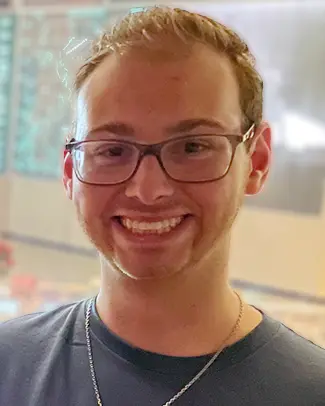
Nicholas Florio is an incoming Systems Engineer at Lunar Outpost working on the Lunar Dawn LTV, a next-generation rover for mobilizing Artemis astronauts. He has a passion for and a personal life mission in advancing human space exploration and increasing accessibility to space as well as STEM education. Outside of work, Nicholas is an active member and former Co-Lead of SGAC’s Commercial Space Project Group (CSPG), the Commercial Space Consulting Manager for AstroAccess, the Education Department Head for Deep Space Initiative (DSI), and a current Professional Masters student focusing on Bioastronautics from CU Boulder. In addition, Nicholas mentors middle and high school students with STEM in space projects and college students with space design challenges and career development. Previously, he was working as an SLD Lunar Dust Mitigation Systems Engineer responsible for the Internal and EVA systems of Blue Origin’s MK2 Crewed Artemis Lander, as well as a Fault Management and System Autonomy (FMSA) engineer for Blue Origin’s MK1 Lunar Lander. Nicholas started his career at Lockheed Martin Space involved in military satellite communications and human lunar and Martian space architecting. He holds a dual B.S./M.S. in Electrical Engineering from Villanova University.
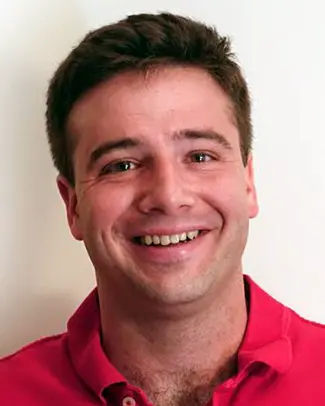
W. Garrett Levine is a PhD candidate and DoD NDSEG fellow at Yale University whose research lies at the intersection of astrophysics and planetary geoscience. He studies the astrodynamics and detectability of small, fast-moving near-Earth objects towards robust planetary defense solutions and the interaction between planetary systems and their space weather environments. Outside of his research, he is passionate about promoting scientific literacy in the Northeast by organizing outreach talks for Yale Science in the News, a graduate student organization. Garrett obtained a B.S. in physics and planetary science from Caltech in 2018 and M.S. and M.Phil. degrees in astronomy from Yale in 2023. Between his undergraduate and graduate studies, he worked on the equity derivatives structuring team at Bank of America Merrill Lynch.
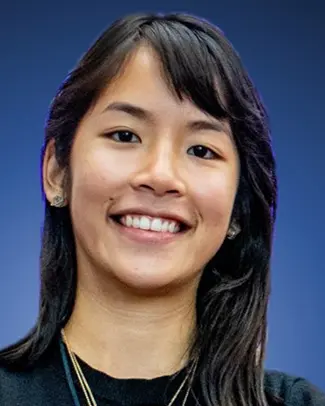
Golda Nguyen is a PhD candidate in Aeronautics and Astronautics at the Massachusetts Institute of Technology (MIT). At MIT, Golda conducts research at the intersection of bioastronautics, behavioral science, and human-computer interaction to build human-centered AI for supporting behavioral health in isolated, confined, and extreme environments in space and on Earth. Golda received her Master’s degree in Aeronautics & Astronautics from MIT and her Bachelor’s degree in Mechanical Engineering from Georgia Tech, and she has worked to bridge research knowledge with operational experience in human spaceflight through internships at SpaceX, Blue Origin (as a Brooke Owens Fellow), Virgin Galactic (as a Matthew Isakowitz Fellow), and NASA.
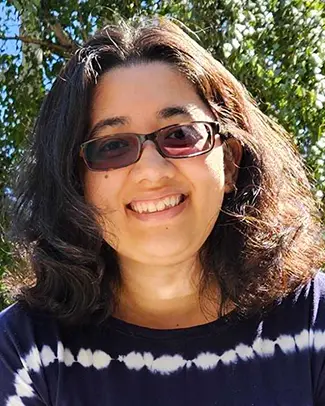
Kanak Parmar is an Astrodynamics, Satellite Navigation, and ML/AI Specialist at Advanced Space. Concurrently, she is also a PhD student at Auburn University, with a research focus on cognitive inspired architectures for autonomous spacecraft navigation. Her technical expertise encompasses multi-body dynamics, space mission design, trajectory design and optimal control, and the strategic adaptation of AI/ML technologies from a myriad of academic realms into traditionally formulated spaceflight practices. Kanak has a Master’s Degree in Aerospace Engineering, with the work introducing a novel approach for generalized spacecraft path-planning via human intelligence cloning and cognitive insights.
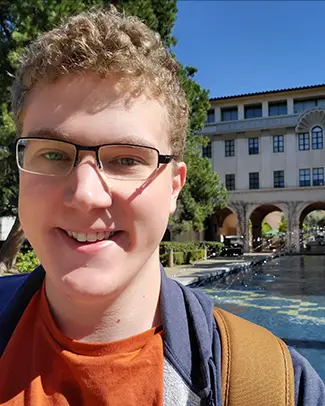 James Ragan is a PhD Candidate in space engineering at Caltech. His current research focuses on applying planning methods to enable fast and autonomous fault estimation onboard spacecraft subjected to unmodeled dynamics or adversarial attacks, or in safety critical scenarios. His vision is to use these capabilities to enable more ambitious missions that would otherwise be too risky. His initial publication on this subject received the Best Guidance Navigation and Control Student Paper award at the 2023 AIAA SciTech Forum. James has received a M.S. in space engineering from Caltech and previously received B.S. degrees in Aerospace Engineering as well as Astronomy and Physics from the University of Washington, where he was an Astronaut Scholar and led the propulsion team of the 2019 Spaceport America Cup champions.
James Ragan is a PhD Candidate in space engineering at Caltech. His current research focuses on applying planning methods to enable fast and autonomous fault estimation onboard spacecraft subjected to unmodeled dynamics or adversarial attacks, or in safety critical scenarios. His vision is to use these capabilities to enable more ambitious missions that would otherwise be too risky. His initial publication on this subject received the Best Guidance Navigation and Control Student Paper award at the 2023 AIAA SciTech Forum. James has received a M.S. in space engineering from Caltech and previously received B.S. degrees in Aerospace Engineering as well as Astronomy and Physics from the University of Washington, where he was an Astronaut Scholar and led the propulsion team of the 2019 Spaceport America Cup champions.
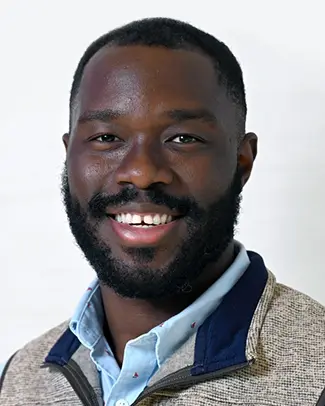
Kojo Sarkodie is currently a Payload Systems Engineer (PLSE) at Boeing Space, Intelligence & Weapon Systems where he specializes in Radio Frequency. At Boeing he leads a team in the execution of PLSE activities for the Integrated Phased Array where his role involves defining antenna requirements, design trades, developing array calibration techniques, and analyzing multi-beam array techniques. Kojo is a passionate advocate for Science, Technology, Engineering, and Math outreach. He engages in a number of engineering community service activities focused on technical development, research, and advocacy. He served as Deputy Director of the Aerospace Group at the National Society of Black Engineers and is a Founding Partner of the Zed Factor Fellowship Program. Kojo holds a B.S. in Biomedical Engineering from The University of North Texas.
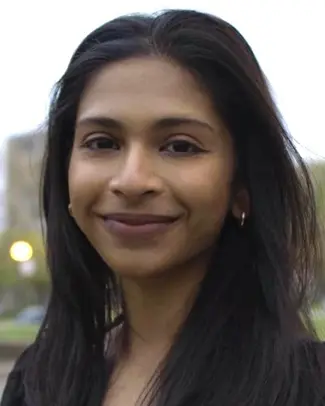 Saba Shaik is a Ph.D. candidate in the Space Propulsion Laboratory at the Massachusetts Institute of Technology (MIT). Her doctoral research focuses on electrospray thrusters, a miniature type of ion propulsion that enables ultra-precise maneuvers for small spacecraft. After completing her Ph.D., Saba hopes to continue developing advanced propulsion technologies that expand our ability to traverse outer space. Saba is passionate about advancing gender inclusivity in the aerospace industry, mentoring the next generation of space professionals, and sharing her excitement for STEM through teaching and outreach efforts at MIT. She holds an M.S. in Aeronautics and Astronautics from MIT and a B.S. in Aerospace Engineering from the Georgia Institute of Technology.
Saba Shaik is a Ph.D. candidate in the Space Propulsion Laboratory at the Massachusetts Institute of Technology (MIT). Her doctoral research focuses on electrospray thrusters, a miniature type of ion propulsion that enables ultra-precise maneuvers for small spacecraft. After completing her Ph.D., Saba hopes to continue developing advanced propulsion technologies that expand our ability to traverse outer space. Saba is passionate about advancing gender inclusivity in the aerospace industry, mentoring the next generation of space professionals, and sharing her excitement for STEM through teaching and outreach efforts at MIT. She holds an M.S. in Aeronautics and Astronautics from MIT and a B.S. in Aerospace Engineering from the Georgia Institute of Technology.
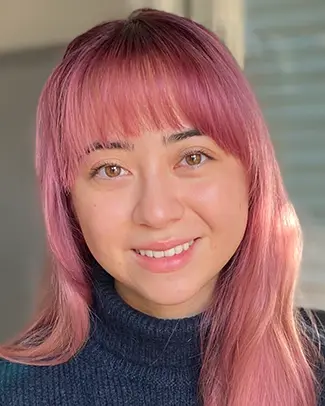 Hannah Tomio is a Ph.D. candidate and NASA Space Technology Graduate Research Opportunities (NSTGRO) fellow in the Department of Aeronautics and Astronautics at MIT. As a member of the Space, Telecommunications, Astronomy and Radiation (STAR) Lab, her research focuses on developing miniaturized laser instruments suitable for small satellite platforms for communications and remote sensing applications. Prior to coming to MIT, she received a B.S. in Electrical and Computer Engineering from Carnegie Mellon University and an M.Eng. in Aerospace Engineering from Tohoku University in Sendai, Japan. In addition to research, she enjoys learning languages, snowboarding, and running along the Charles River.
Hannah Tomio is a Ph.D. candidate and NASA Space Technology Graduate Research Opportunities (NSTGRO) fellow in the Department of Aeronautics and Astronautics at MIT. As a member of the Space, Telecommunications, Astronomy and Radiation (STAR) Lab, her research focuses on developing miniaturized laser instruments suitable for small satellite platforms for communications and remote sensing applications. Prior to coming to MIT, she received a B.S. in Electrical and Computer Engineering from Carnegie Mellon University and an M.Eng. in Aerospace Engineering from Tohoku University in Sendai, Japan. In addition to research, she enjoys learning languages, snowboarding, and running along the Charles River.
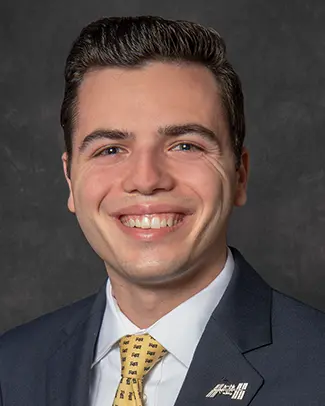
Ryan Udell is a Program Manager in the Boeing Chief Technology Office, responsible for enabling the development of execution strategy and program management excellence across the Boeing global technology enterprise. He is a graduate of the Boeing Satellite Systems Engineering Rotation Program where he worked as a systems engineer for the Experimental Systems Group, as a propulsion and electrical engineer for the Space Launch System Core Stage and Exploration Upper Stage, and as the Chief of Staff for the Space, Intelligence, & Weapon Systems Functional Integration Chief Engineer. Additionally, he supported numerous other space programs at Boeing including the International Space Station. Excited to empower the next generation, he is a Founding Partner of the Zed Factor Fellowship, an internship and community engagement program for students who hail from historically excluded communities interested in aerospace. In 2021, he was selected for Aviation Week Network's 20 Twenties, recognizing exceptional aerospace students for their contributions to the industry.
2023

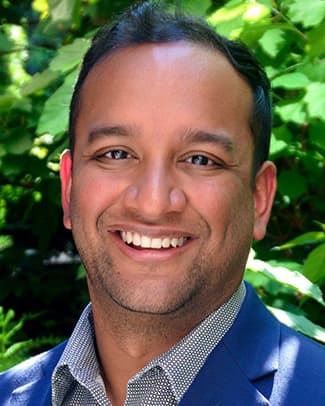
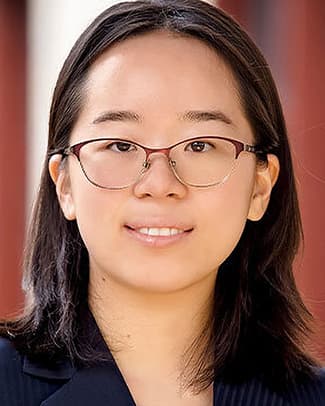
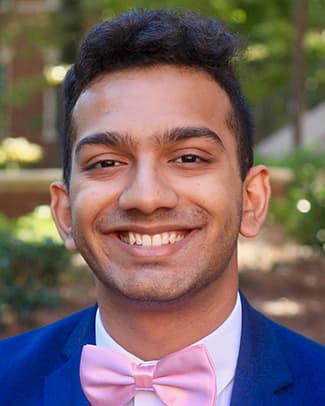
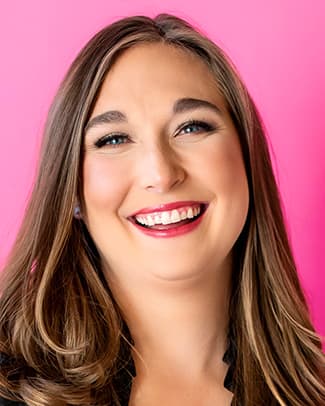
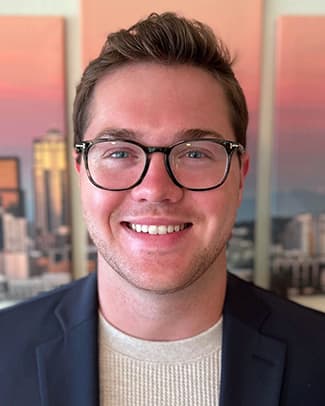
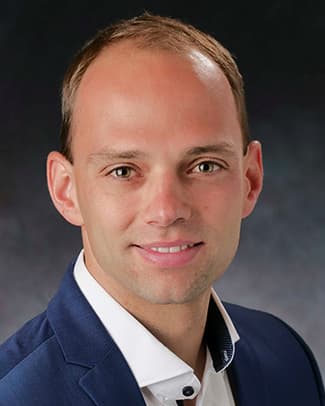
2022
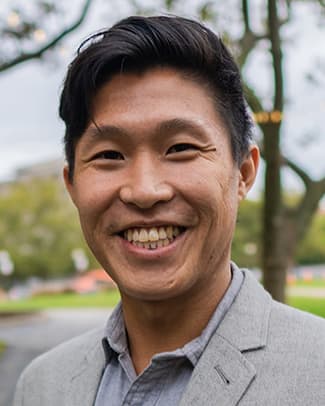
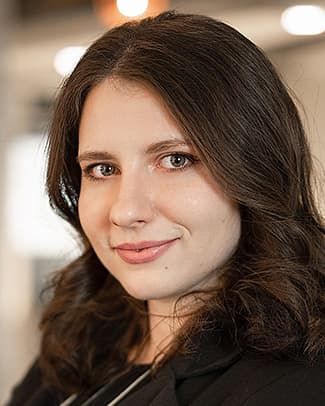
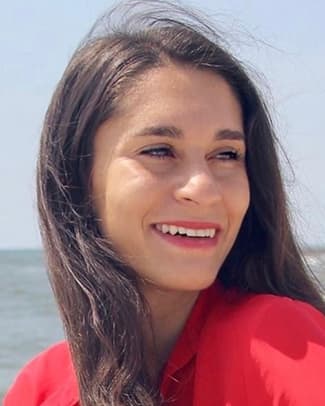
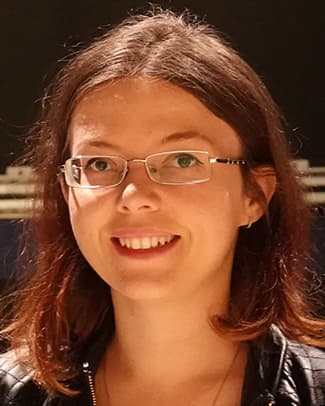
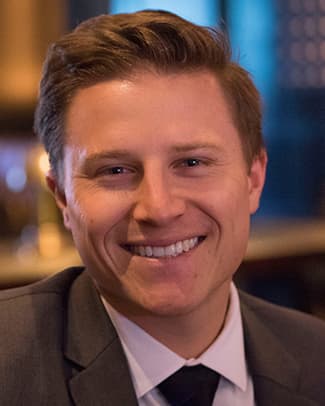
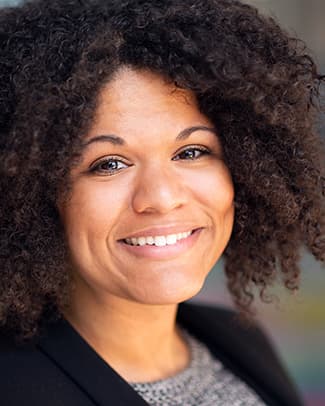
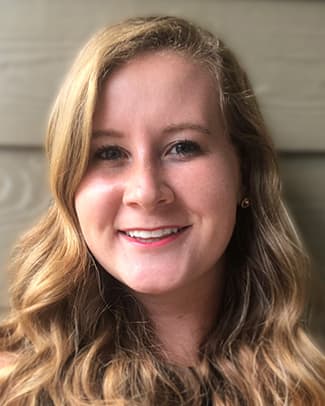
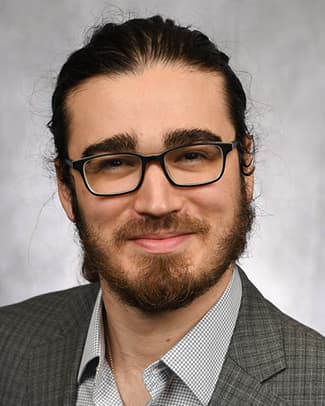
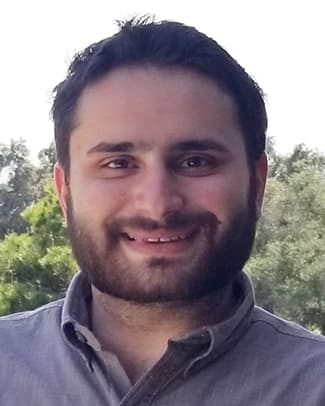
2021
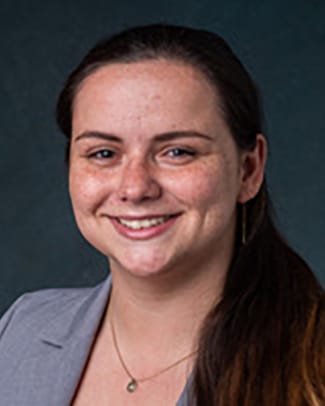
Shayna Hume
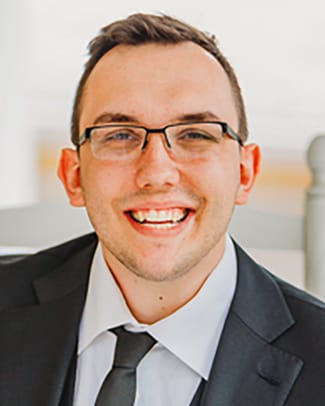
Josh Ingersoll

Molly MacEachen
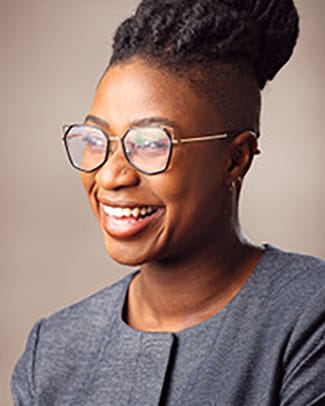
Ufuoma Ovienmhada
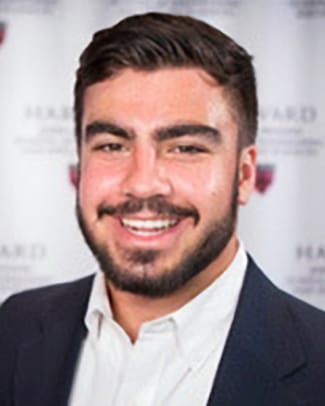
Simon Shuham
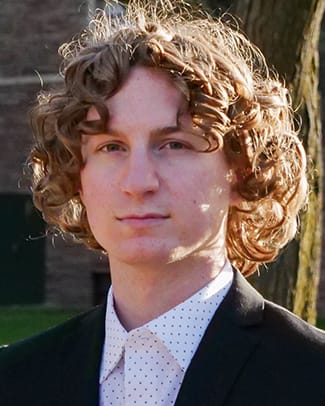
Andrew Swackhamer
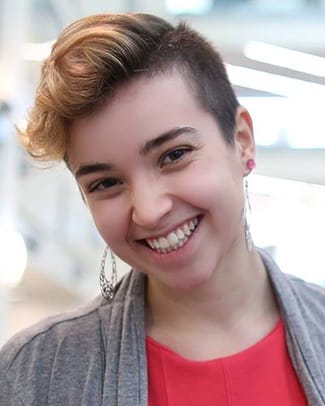
Anna Voelker
2019
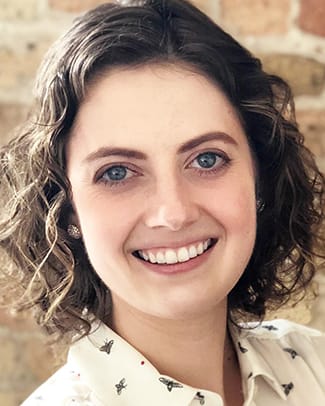
Tatem Burns
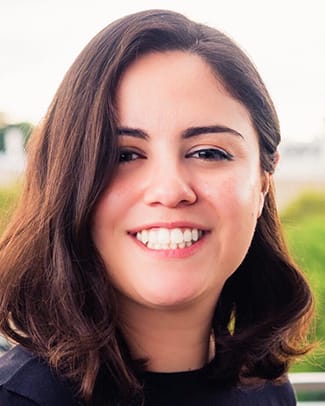
Liz De La Torre
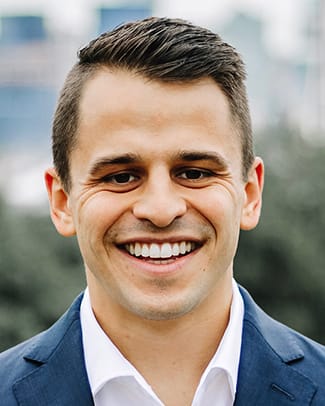
Conor Duggan
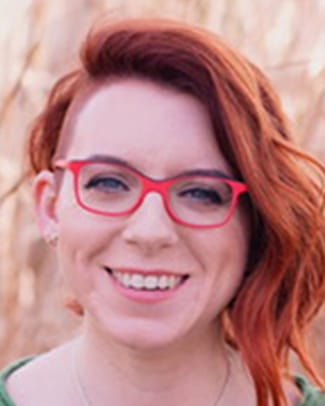
Tanya Harrison

Caroline Juang
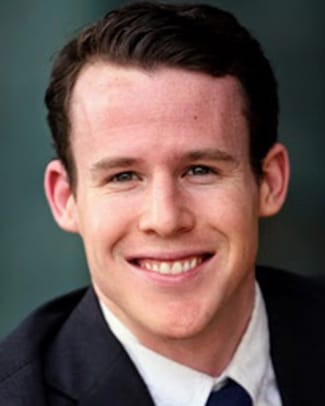
Steven Ramm
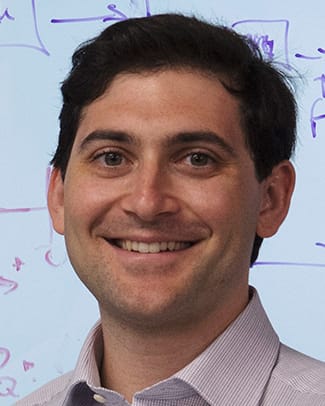
Dr. Todd F. Sheerin
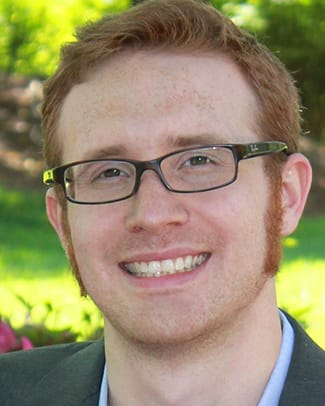
Caleb Williams
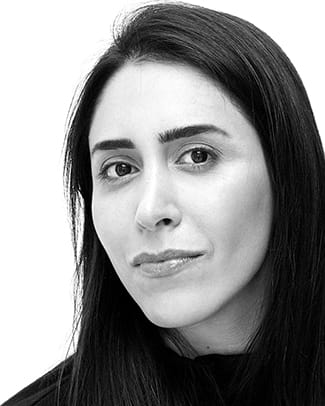
Melodie Yashar
2018
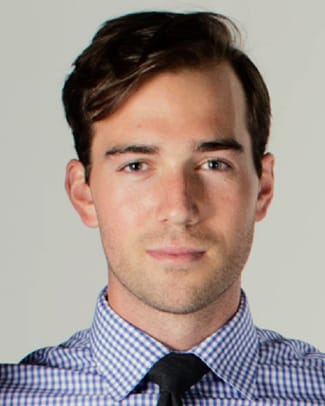
Chris Beauregard
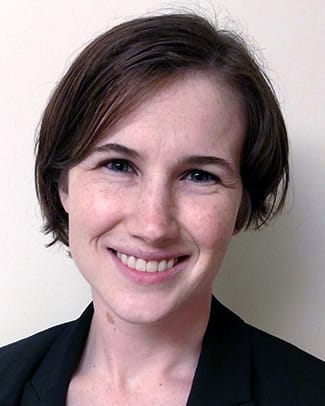
Stephanie Booth
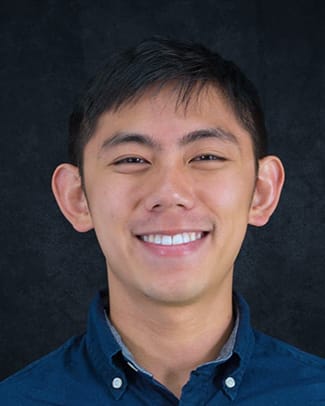
Hiroshi Furyua
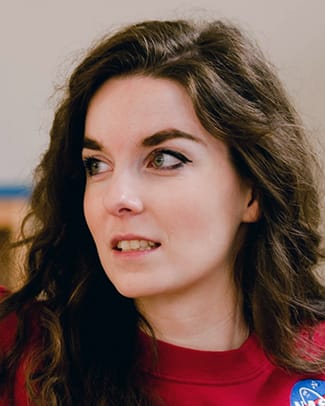
Emily Petersen
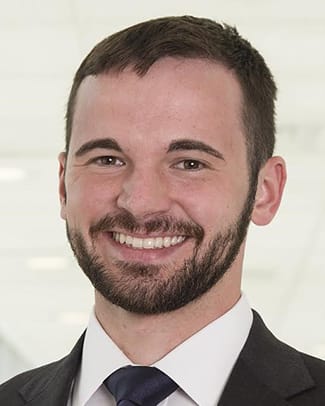
Barret Schlegelmilch
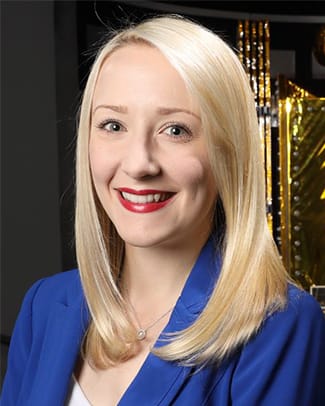
Lauren Smith
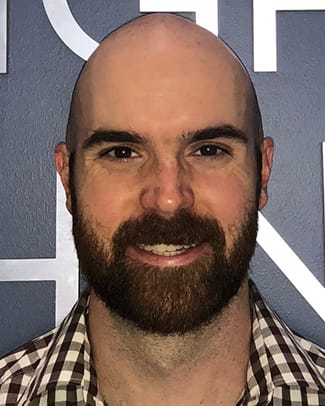
Jeffrey Stuart
2017
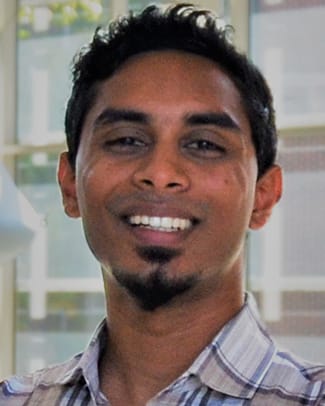
Deepak Atyam
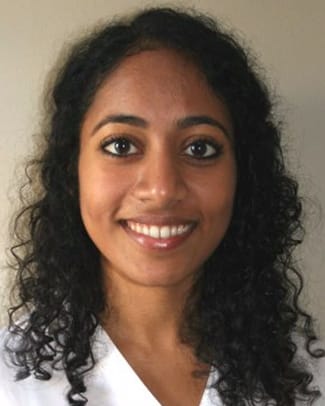
Sirisha Bandla
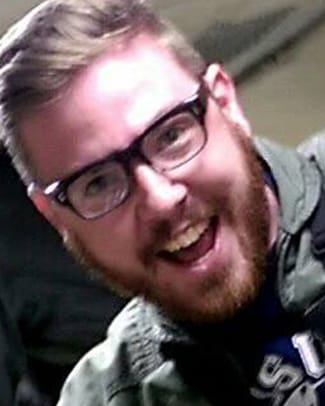
John Conafay
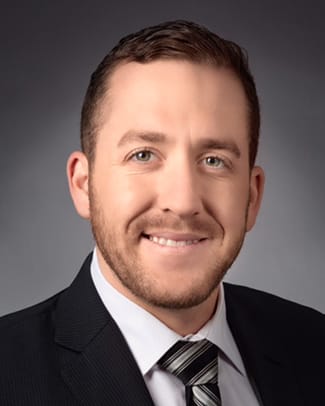
Joshua W. Ehrlich
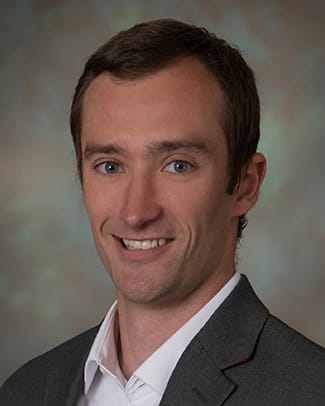
McClain Goggin
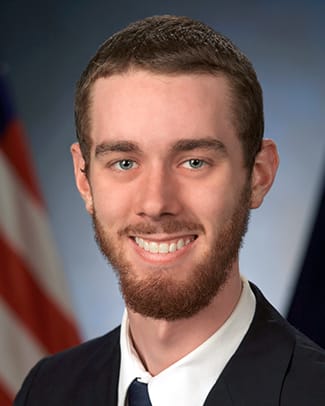
Peter Schulte
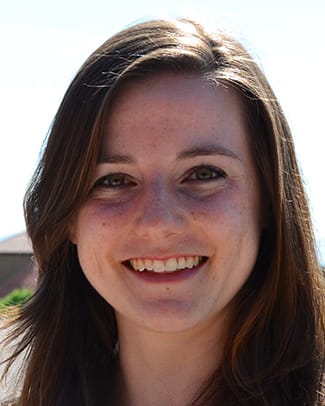
Anna Thomas
2016
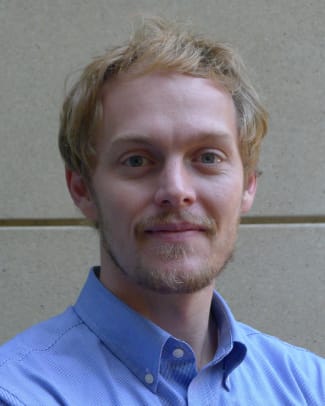
Travis Doom
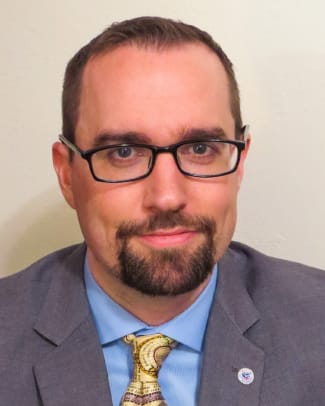
Alexander Gibson
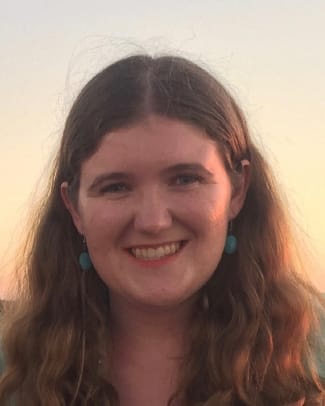
Tara Halt
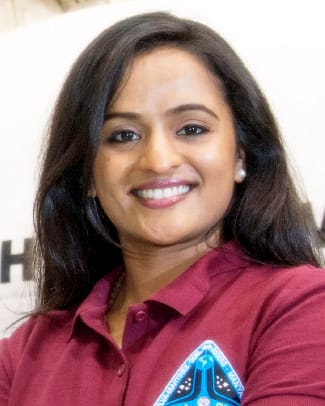
Kavya K. Manyapu
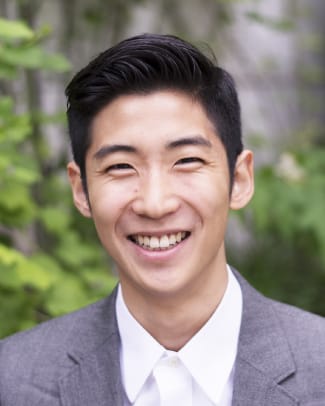
Tomoya Mori

William O'Neill
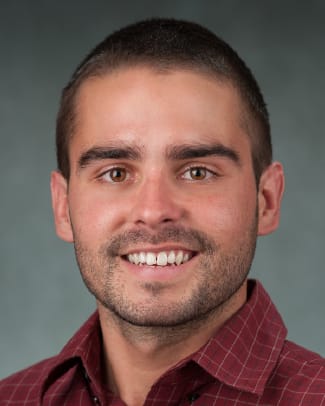
Javier Stober
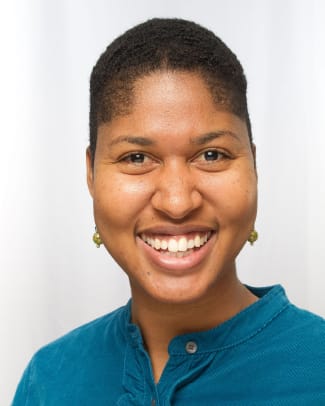
Dr. Danielle Wood
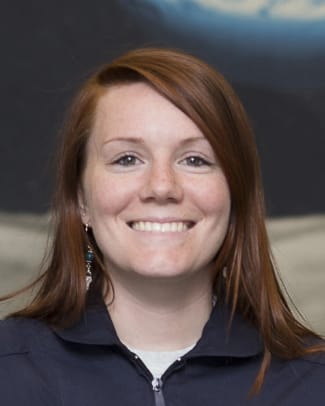
Brittany Zimmerman
2015
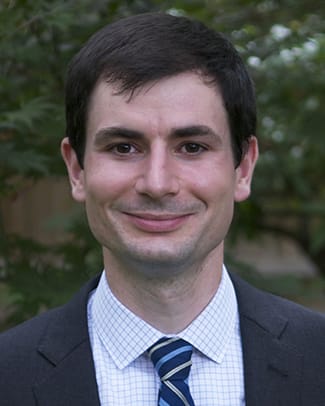
Fr. Justin Atchison
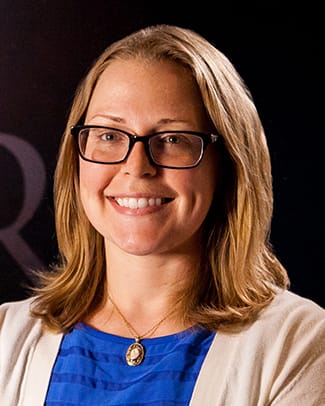
Sarah Hefter Flanigan
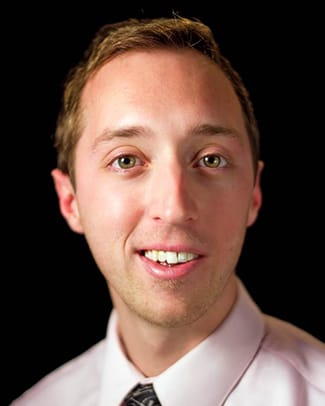
Raphael Perrino
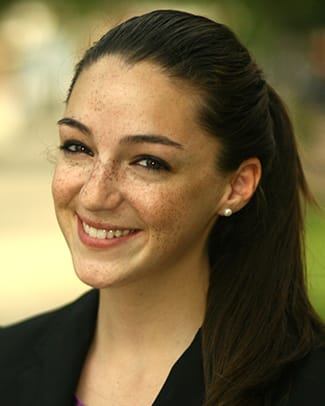
Jillianne Pierce
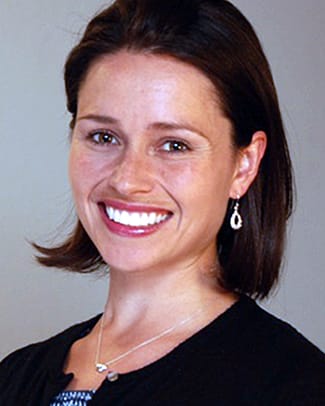
Julia Stalder

Paul Warren
2014
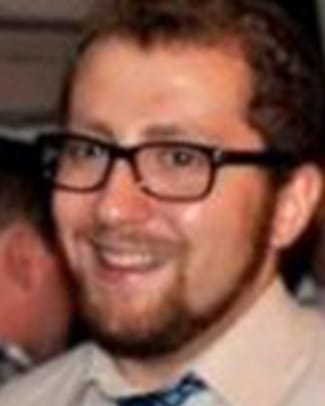
Alexander Burg
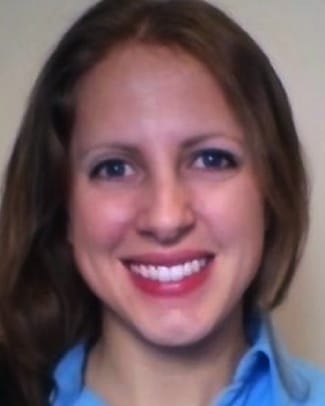
Anne Caraccio
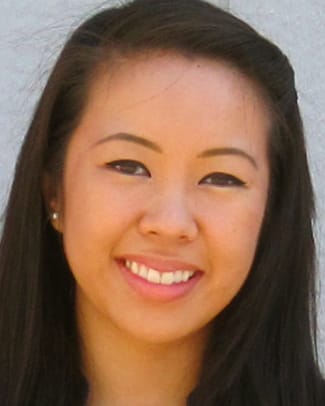
Katrina Laygo
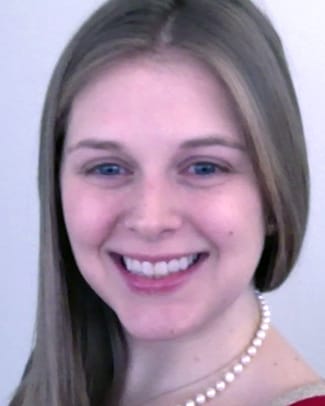
Samantha Marquart
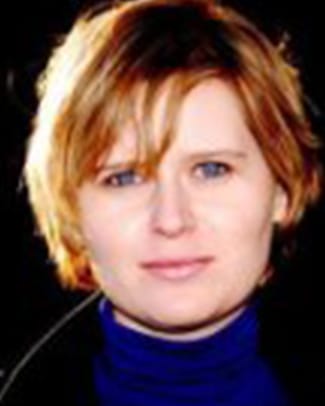
Mandy Sweeney
2013

Jason Dunn
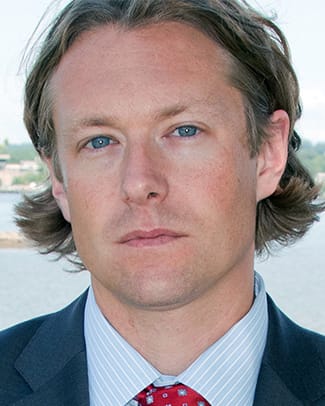
Paul Guthrie
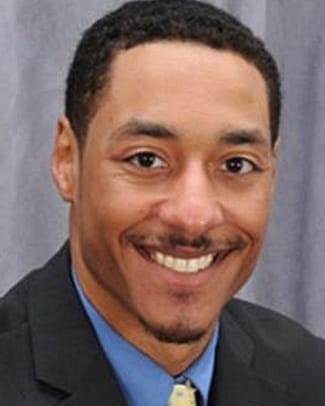
Aaron Olson

Donate
The Future Space Leaders Foundation and our esteemed fellows depend on contributions from corporations and donations to provide these incredible opportunities to those who will lead us to the Moon, Mars, and beyond.
If you are interested in supporting FSFL, please consider donating on a recurring monthly or annual basis. A donation of just $50 a month will provide promising young professionals the opportunity of a lifetime to attend the International Astronautical Conference. At IAC, they will have the opportunity to network with, deliver their exceptional research to, and learn from the international space community.
As a 501c3 organization your gift not only help enable future space industry leaders but the gifts are also tax deductible.


